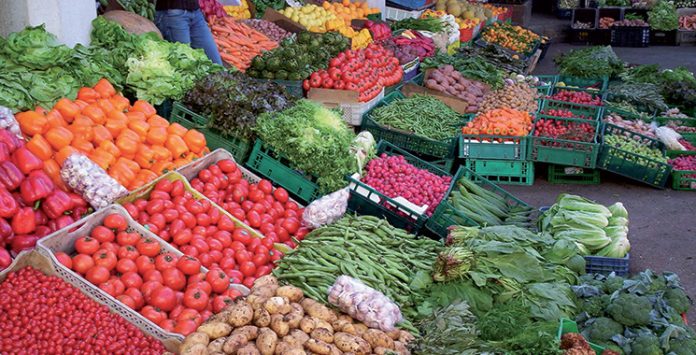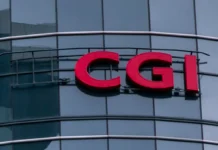Consumer prices in Morocco dipped slightly in July, marking a 0.1% decline compared to June, according to data released by the High Commission for Planning. The shift was largely driven by a noticeable drop in food prices, which fell by 0.5%, while non-food items inched upward by 0.2%.
Within the food sector, the most significant decreases came from vegetables, which plummeted 4.7%, followed by more modest declines in the prices of fruits, oils and fats, bread and cereals, and meat. On the other end of the spectrum, dairy products—including milk, cheese, and eggs—saw a sharp 2.7% increase. Smaller upticks were recorded in items like coffee, tea, and cocoa (+0.6%), as well as fish and seafood (+0.4%). Among non-food products, the main contributor to rising costs was fuel, with prices jumping 3.5%.
The price drop wasn’t uniform across the country. Some cities experienced more pronounced declines, particularly Meknes (-0.7%), Guelmim (-0.6%), Laâyoune and Settat (both -0.5%), Oujda (-0.3%), and Marrakech, Rabat, Safi, and Beni-Mellal (each -0.2%). However, other regions saw increases, including Errachidia (+0.8%), Al Hoceima (+0.4%), and Tetouan (+0.2%).
Looking at the broader picture, consumer prices have risen 0.5% year-over-year. This is primarily due to a 0.9% climb in food costs and a modest 0.2% increase for non-food goods. The latter category, however, shows wide variation, with transportation prices falling 2.9% while restaurant and hotel prices surged 3.4%.
As for core inflation—which excludes volatile items and government-regulated prices—it declined by 0.1% on a monthly basis, but remains up 0.9% over the year.





